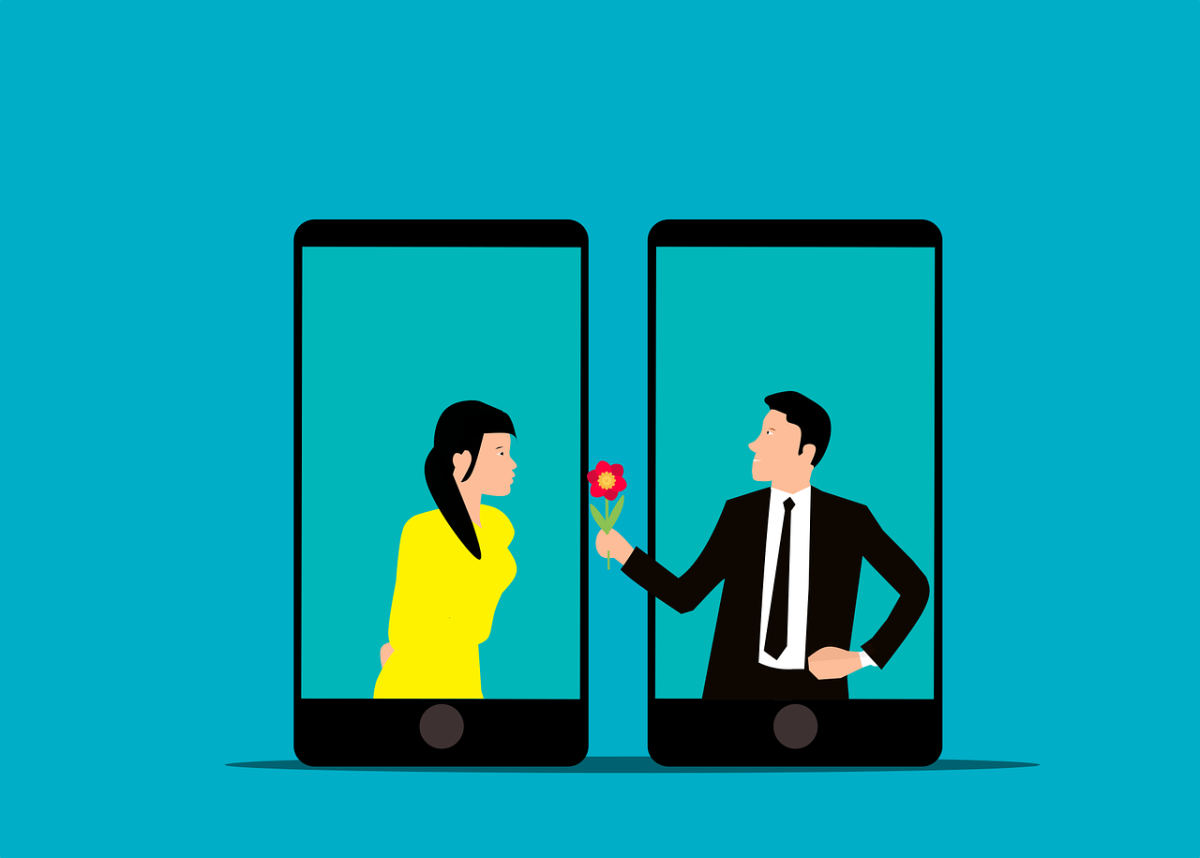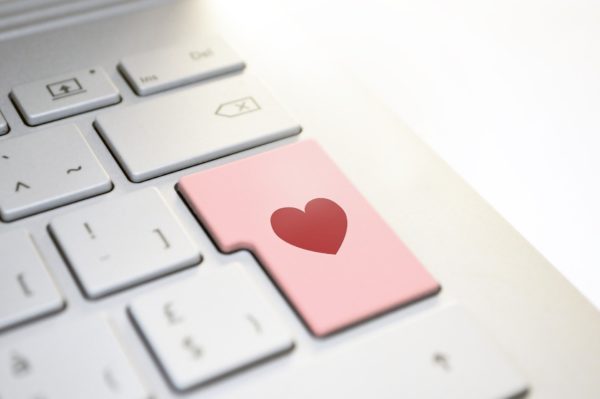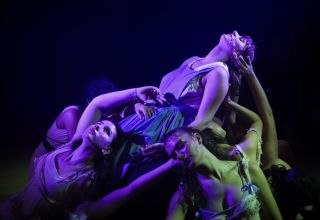An Equal Relationship: Do entrenched norms still define dating?
By Archie Earle

Relationships in some sense or another demand equality. Recent research would suggest that cis-gender dating has come with norms in the past about, who should make the first move, who should have which role in the family and what each person is looking for in a partner. In that sense, we’re only moving forward at a snail’s pace.
Contrastingly LGBTQ+ dating is far more equal and based on the fundamentals of negotiation and finding balance. The great reality is that in a relationship between two individuals, however they identify, the other wants to feel valued, on par with the other and fundamentally respected as a person. With the advent of a push for greater societal equality between the genders: what really is modern equality in relationships?
It’s best to start off first with what the experts say. Ellen Lamont, Professor of Sociology and author of the book ‘The Mating Game: How gender still shapes how we date’, suggests that women still want men to initiate the beginning of a relationship. She states in a recent article for The Atlantic “The women I interviewed for a research project and book expected men to ask for, plan, and pay for dates; initiate sex; confirm the exclusivity of a relationship; and propose marriage.”
I imagine this hits home for guys reading this: men are mostly still expected to ask a woman out on a date or make the first move. It’s not necessarily a problem, but doesn’t have to create a taboo that women can’t ask out men. That boundary between what is expected and what is okay to do is so blurred, that no one should really feel there is an expectation at all. If you want to ask someone out on a date, do it, what have you really got to lose?
That idea of ‘taking the first step in dating’ is quite entrenched. Pop culture generally presents a view that men should ask out women rather than the other way around and sometimes we still fall into that trap.

But maybe technology will save the day in the form of dating apps. Bumble is the most obvious example of a dating app taking on the traditional idea of gender norms. The simple premise is that you match with someone else, just like Tinder, Hinge, whatever else, but it’s the woman who has to send the first message. Whitney Wolfe, the founder of Bumble describes the pure goal of the app as: “I want to reconfigure the way that we treat each other. That’s it. That’s the core of Bumble.” But really that speaks to a taboo in the equality of dating, that gender does still define who makes the first move in dating.
While Bumble may be successful (17.5 million registered and 1.2 billion matches), it’s hardly going to fundamentally shift the way we date. In 2018 an Oxford Internet Institute study shed more light on dating equality. They looked at the data of 150,000 exclusively heterosexual, cis-gendered relationships. They showed men are 30% more likely to message first, women are more likely to be evaluated on their looks, while men were more likely to be judged on their agreeableness, altruism and athleticism. So, norms and stereotypes continue to dominate what men and women are looking for.
Things get a little more interesting when we look at long-term relationships. Back to good old Ellen Lamont, who delves further into the bargaining in long-term relationships. She was surprised that young women focused more on professional opportunities rather than interpersonal dynamics when talking about equality and expected a partner to be supportive of ambitious goals. Men saw the women who said this as more compatible.
But as a relationship gets further in she found that men often left caregiving and housework to women, with men considering themselves more as breadwinners and the highest earners. So, as a relationship starts there is an air of equality but as each becomes more comfortable, traditional gender roles set in? Long-term relationships really aren’t easy in this sense and this data shows it. It’s not exactly a new concept that it’s hardly fair or equal that women are stuck with the brunt of housework and this deeply plays into established norms.

But those who she spoke to who identify as LGBTQ and in relationships, sought to throw out the rulebook. They spoke of not relying on unquestioned relationship norms and wanting to communicate, evaluate and negotiate in a relationship, setting up expectations of equality from the start of a relationship and not later. She suggests that LGBTQ+ relationships do not rely on well-established ideologies that are accepted by heterosexual couples – these norms are considered, questioned and rejected. She rounds it off by saying that non-heterosexual couples’ goal was greater individuality and equality, attempting to balance their own needs with that of their partners.
Dating, in the modern age, is changing. Dating apps are on the rise, fewer couples see the point in getting married and having children is no longer the expected end goal of a relationship. Coming with this is the rise of equality in dating, but it’s proving to be a long process as traditional gender roles are still entrenched in the way so many of us approach dating. But as is the gradualness of societal change, dating will catch up and the future is optimistic for an equal form of dating.







